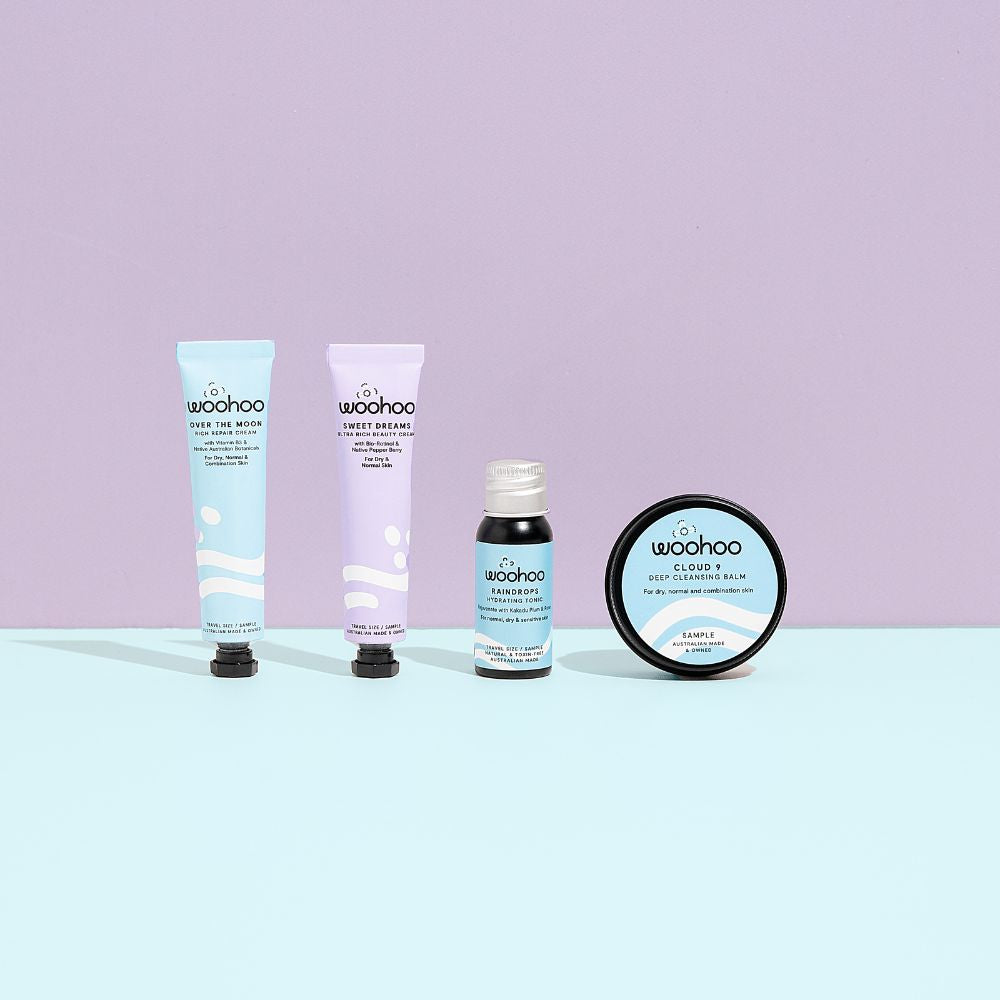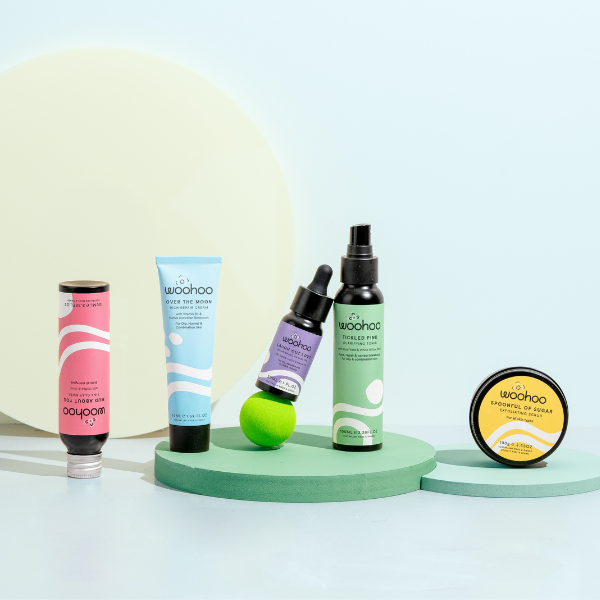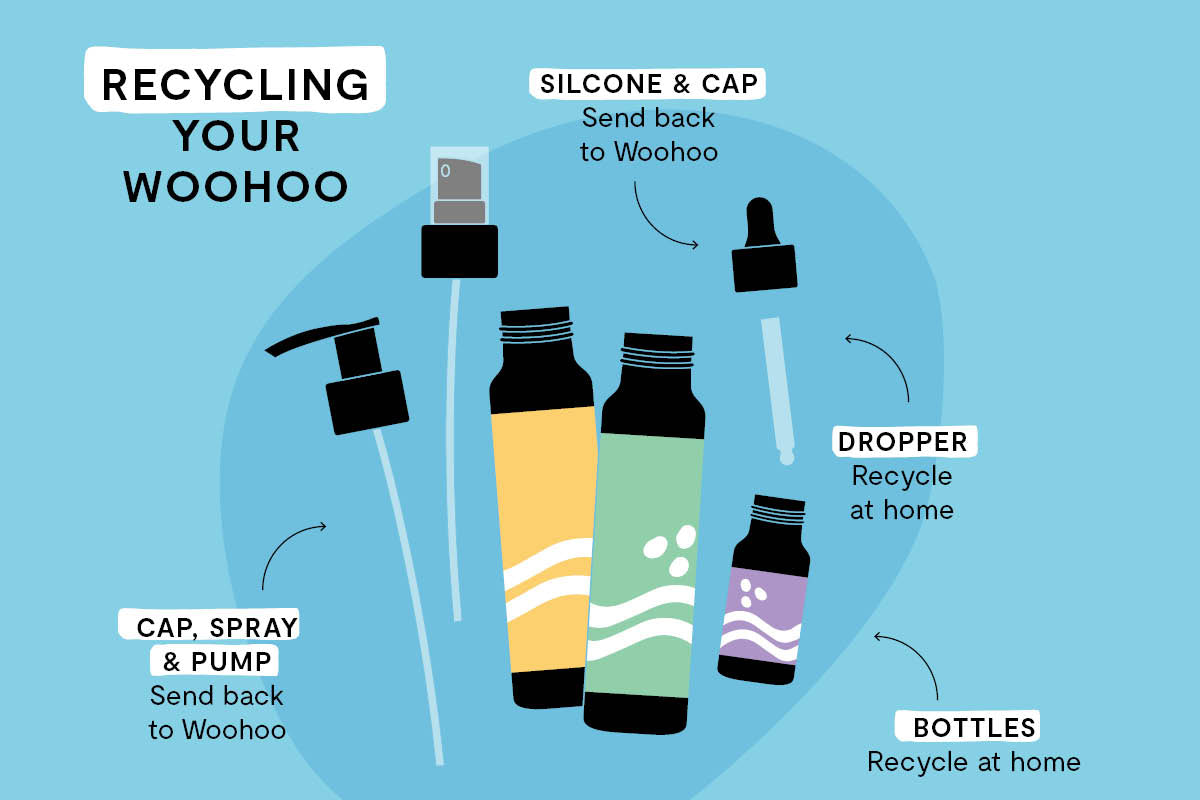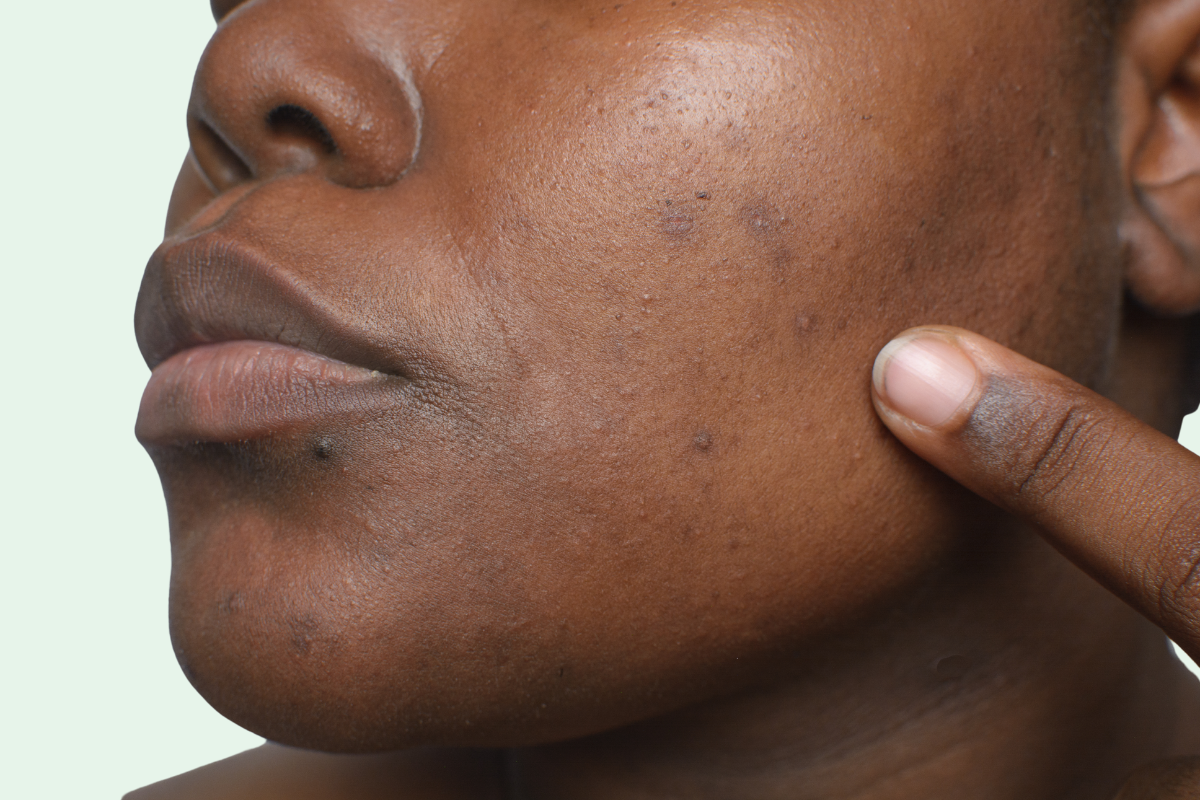Standing outside last night you could feel the coolness in the autumn air. It’s like the cold weather switch was flicked after an unusually balmy Easter.
The chilly air reminded us that we’re entering the dry skin season.
But do you know the difference between dry skin and dehydrated skin? The two are mixed up all the time, and it’s important to know the difference because they’re quite different problems that need different care.
So we are here to help solve the riddle and give a few tips on how to properly care for your skin whether it is dry or dehydrated.
What is Dry Skin?
Dry skin is a skin typecaused by a lack of oil. To recap from last week, dry skin:
- Lacks oil
- Loses moisture easily because the protective oil barrier is impaired
- Looks dull and sallow
- Can be flaky
- Has small pores
- Feels tight and taught
- Is easily irritated and can be more sensitive to products
- Makes you look older
- Doesn’t absorb products very well
- Is usually a genetic predisposition
- Can develop as you get older (as sebum production slows down like everything else)
Oils are a dry skin girl’s best friend. They will boost that protective oil barrier and protect against moisture loss (which is the fastest and easiest way to look younger!!).
We love our oils – could go on about them all day – and you can check out our facial oils here and body oils here.
What is Dehydrated Skin?
Dehydrated skin is a skin conditioncaused by a lack of moisture (water) in the top level of skin (epidermis).
Dehydrated skin can affect any type of skin, including dry skin (a helluva double whammy).
It’s a bit hard to get your head around but even oily skin can be dehydrated, since dehydrated skin is lacking water, not oil. So your skin could feel oily and dry at the same time. Confusing, right?
The signs of dehydrated skin look very similar to dry skin but there are few differences. Dehydrated skin:
- Lacks water
- Looks dull and ashen.
- Feels tight even though it may look oily
- Can have small or large pores
- Soaks up moisturisers immediately
- Is more susceptible to irritation and sensitivities
- Makes you look older
- May come and go depending on diet, wrong products, or your environment
Oils are still your best friend for dehydrated skin but you will also need something that has a good humectant – an ingredient that draws moisture into the skin.
The most common humectants are propylene glycol and glycerine. We are not big fans of propylene glycol because it can irritate your skin. Our favourites are sorbitol and glycerine which we use in our moisturisers and serums.
Things that give you dry and/or dehydrated skin
- Wind, hot air, cold air, dry air, heaters and air conditioning are all moisture vampires.
- Being out in the sun too long. Only tomatoes need to be sun dried.
- Too much stress, alcohol, caffeine, smoking or sugar.
- Medications (including birth control).
- Hormones and their changes
Things you can do to take back some control
- Avoid hot showers as the heat drains your skin of moisture
- Choose gentle cleansers (like the Cloud 9 Deep Cleansing Balm) that don’t use harsh stripping ingredients like SLES and SLS. Keep the bubbles for blowing.
- Pick emollient rich products like balms, oils and butters for dry skin.
- Serums are brilliant for both dry and dehydrated skin
- For dehydrated skin go for moisturisers that use plant based humectants. We recommend choosing glycerine or sorbitol instead of propylene glycol or butylene glycol.
- Eat good food including good fats like Omega 3.
Have you met our friend Vitamin B3 yet?!
 Dry and dehydrated skin – meet Mr Vitamin B3. We first heard about this little vitamin gem from Aaron’s dermatologist during a routine skin check (life with fair skin in Australia). He told us about some really great research into how Vitamin B3 helps nourish your skin.
Dry and dehydrated skin – meet Mr Vitamin B3. We first heard about this little vitamin gem from Aaron’s dermatologist during a routine skin check (life with fair skin in Australia). He told us about some really great research into how Vitamin B3 helps nourish your skin.
Vitamin B3 boosts ceramides and fatty acids in the epidermis which improves yours skin’s protective barrier. The major benefit of this is moisture loss is significantly reduced. It has also been shown to improve skin elasticity, sallowness, fine lines, texture, red blotchiness and pigmentation.
In every day speak it makes your skin brighter, plumper, firmer and smoother. Are you sold on Vitamin B3 yet? We are 
You may have already tried Vitamin B3 in our new best seller, the Happily Ever After Vitamin C Eye Serum.
We also have grand plans to include Vitamin B3 in our next product – a Rich Repair Cream. Our Human Hamster team has been working furiously to test this for you and the reports so far have been outstanding! We’re making a few tweaks to the formula and hopefully will be announcing its much-awaited arrival in early winter.








